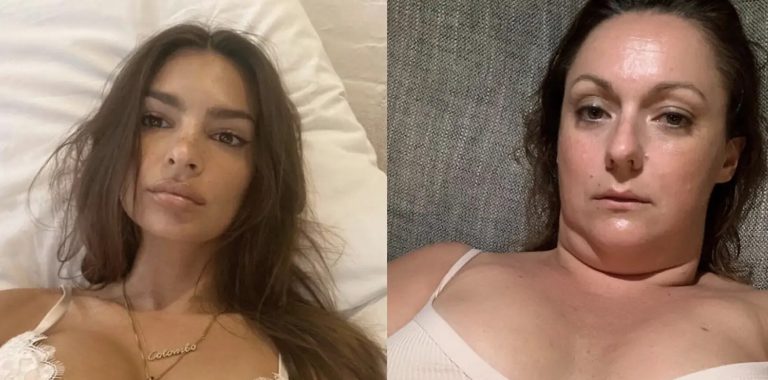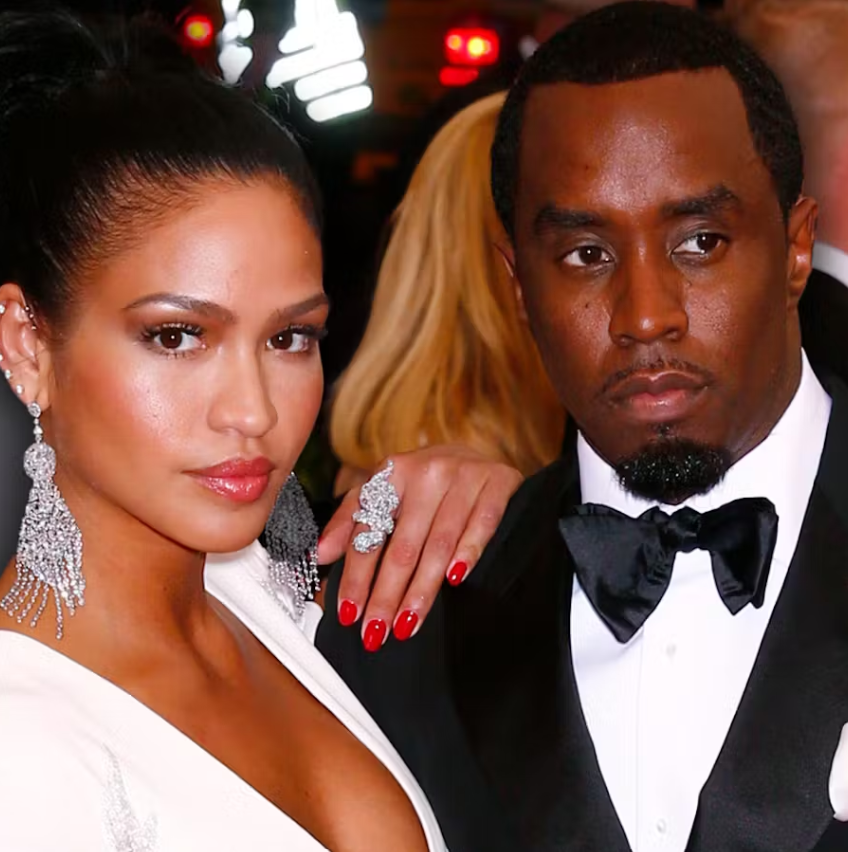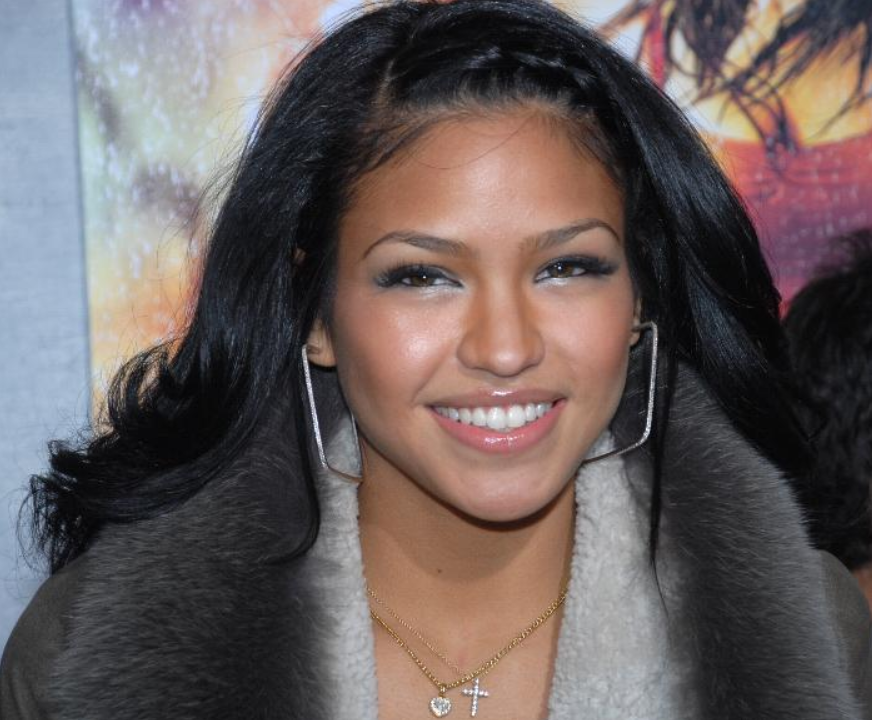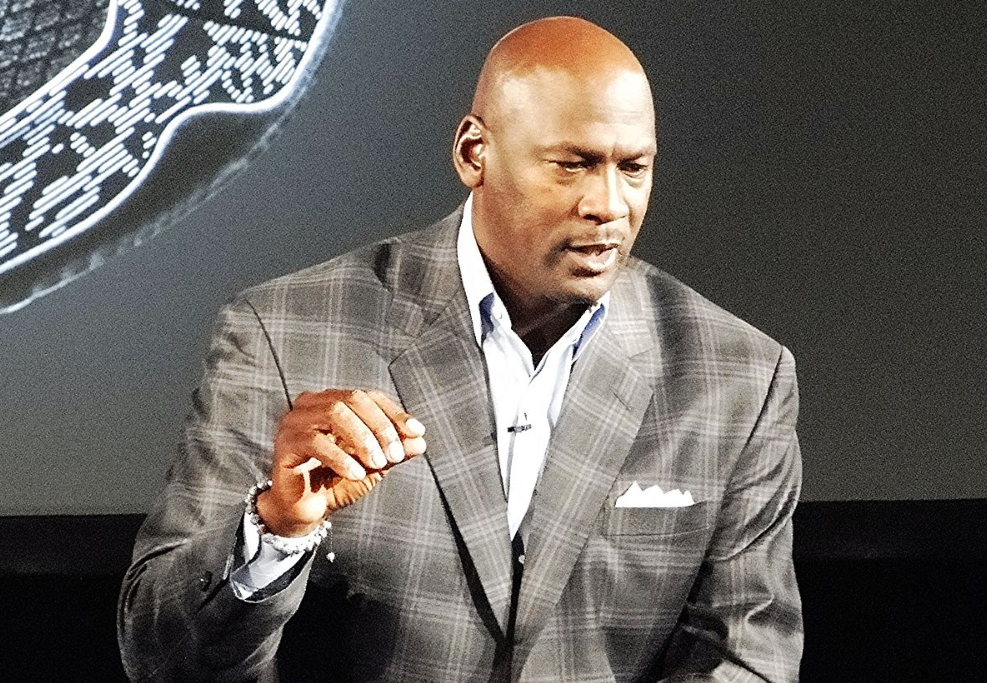Emily Ratajkowski recently addressed the ongoing issue with comedian Celeste Barber, who has gained attention for mimicking the model’s Instagram posts. Ratajkowski, known for her provocative photos on social media, has asked Barber to stop recreating her images, explaining that while she finds Barber funny, she no longer gives her consent for these jokes. On her High Low with EmRata podcast, Ratajkowski expressed that the timing of Barber’s posts felt particularly off for her and that she wants to focus on her own endeavors, like her bathing suit line and writing about her experiences in the industry.

Ratajkowski further elaborated on why she objected to Barber’s satire, stating that the way female influencers are mocked is inherently sexist. She pointed out that influencers, many of whom are women, have found success and financial independence through social media, and she finds it troubling that they are often dismissed as “trash” or “cringe.” Ratajkowski argued that this criticism is part of a broader societal tendency to devalue women who use their image to build their careers.

Barber, in response, acknowledged that she sometimes feels she has to censor herself due to the backlash she receives. However, she also remarked that she often operates from a place of already being “canceled,” implying that she’s used to criticism and doesn’t let it deter her from speaking out. Barber’s comments reflect the tension between freedom of expression in comedy and the impact that satire can have on its subjects, especially in the context of social media.
The exchange between Ratajkowski and Barber highlights the complexities of humor, consent, and the portrayal of women in the public eye. As social media continues to play a significant role in shaping public perception, this incident underscores the need for thoughtful consideration of how individuals, particularly women, are represented and the power dynamics at play in these interactions.




